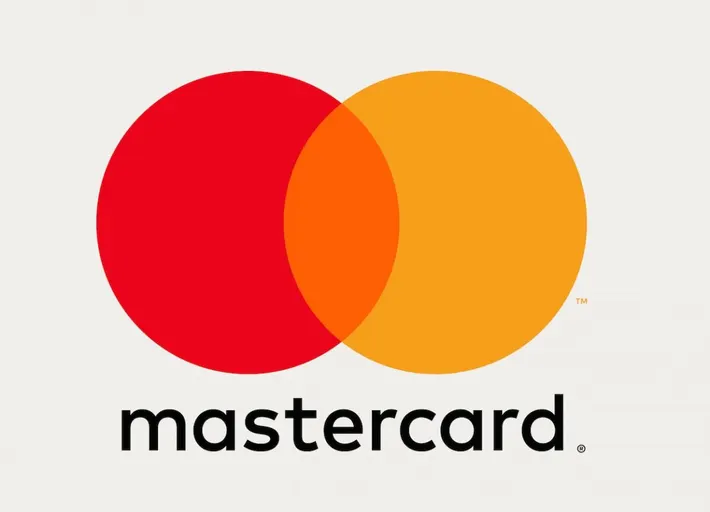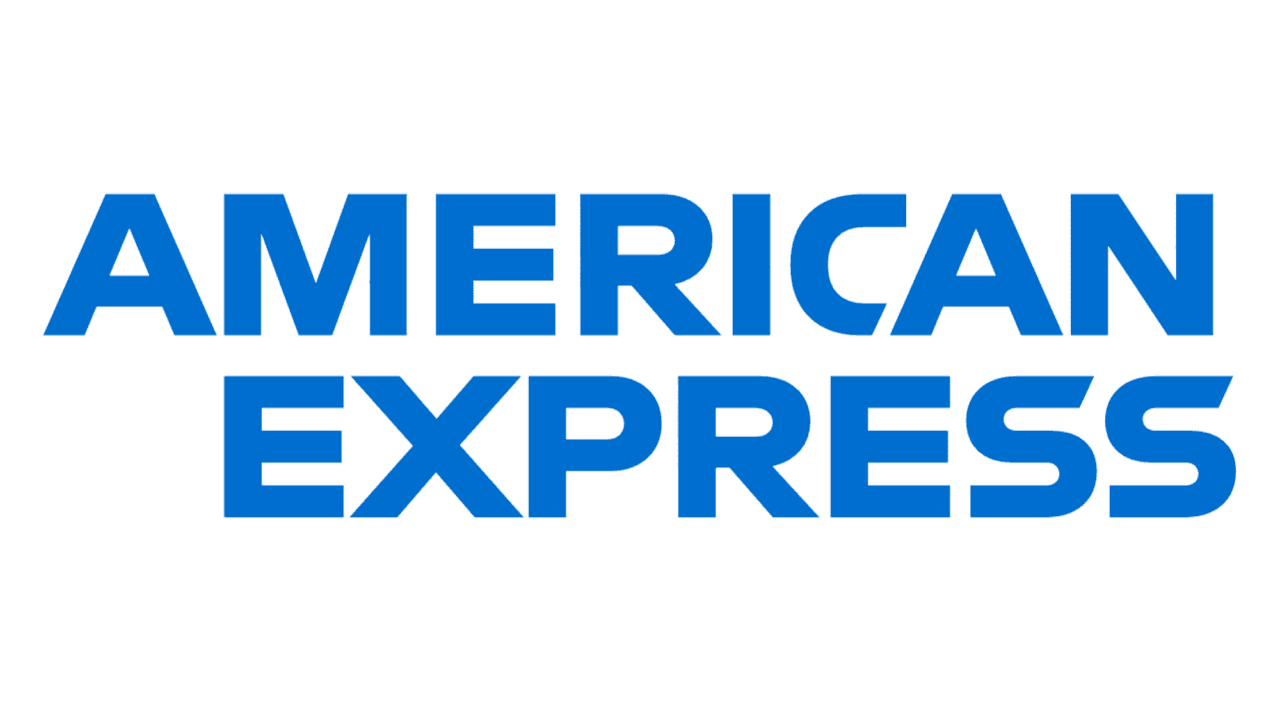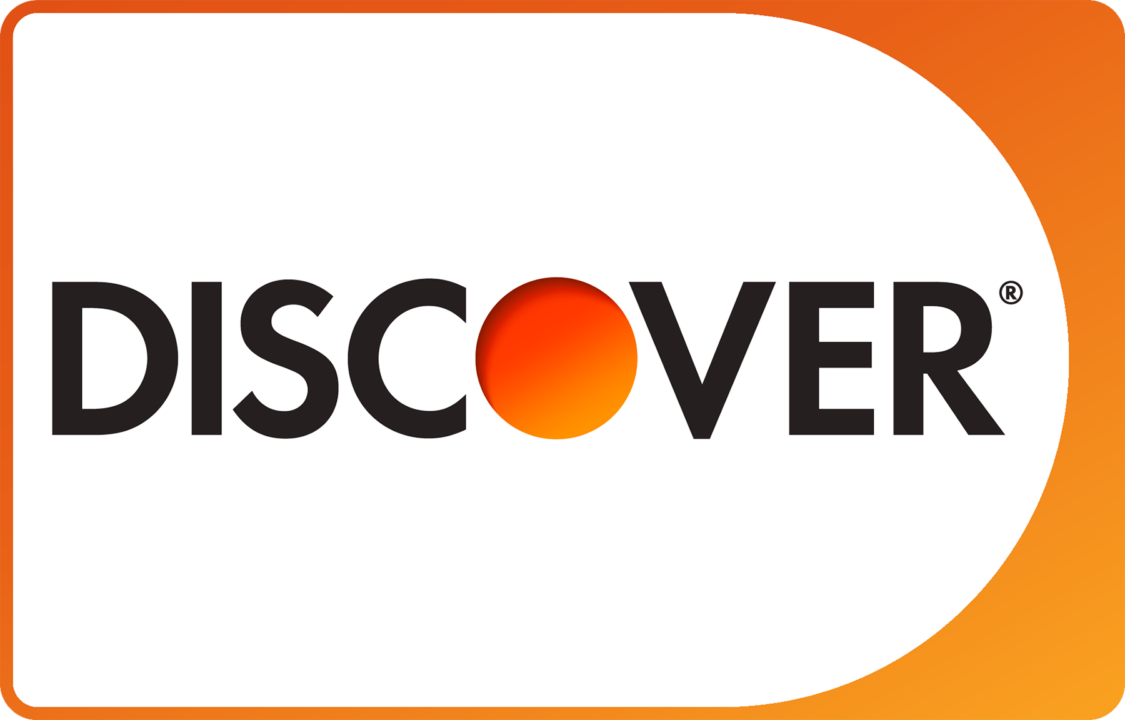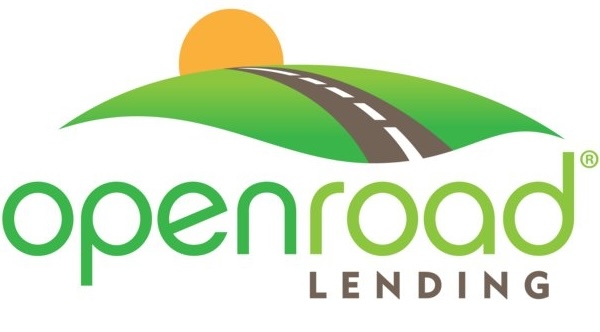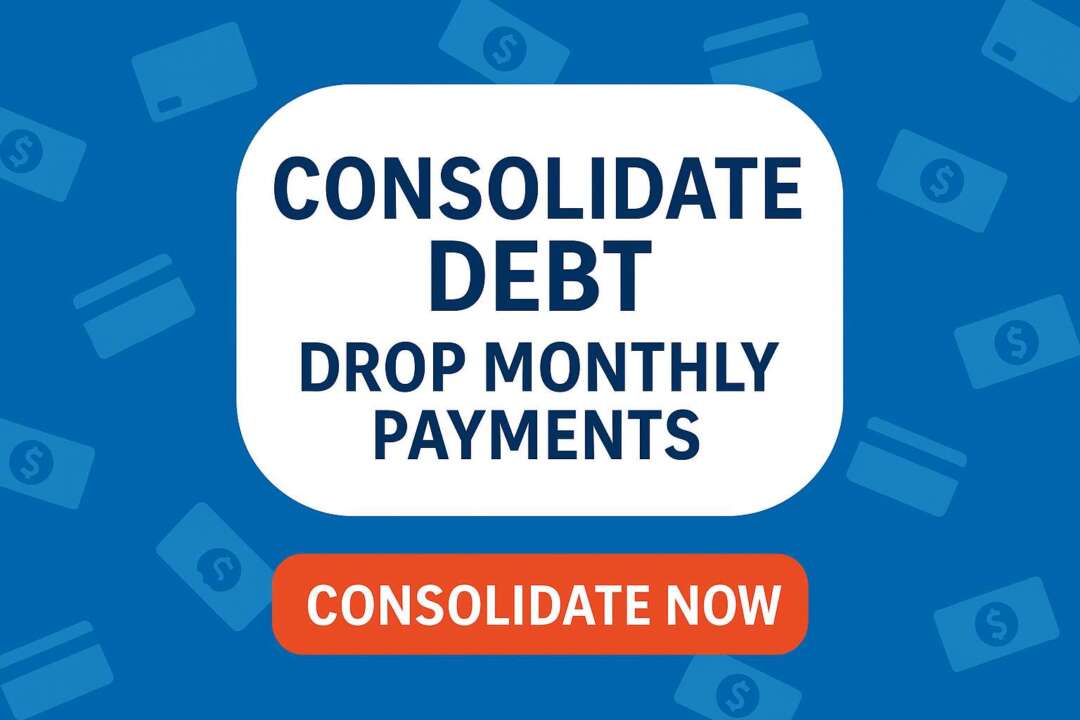
Personal Loan with Bad Credit
When financial challenges and your credit score isn’t in tip-top shape, can you turn to personal loans for bad credit? Securing a personal loan can often feel like an uphill battle especially if you have bad credit. You might be able to get a personal loan with bad credit, but it could be very expensive. So, it’s important to look at all your other options before you accept that personal loan.
Most people only think about payday loans or title loans, but those can often do more harm to your finances than good.
There may be other options.
Whether you’re looking to consolidate debt, cover unexpected expenses, or fund an important project, there are practical options available that can help you navigate your financial journey.
Local bank
A local bank can be a valuable resource for someone with bad credit facing a financial emergency in several ways:
Personalized service
Local banks often provide a more personalized approach to banking than you might get from a national bank. When you have a financial emergency, visiting your local branch allows you to speak directly with a banker. Bankers can assess your situation and offer tailored advice.
Established relationship
If you have an existing account or relationship with the bank, they may be more willing to work with you, even if you have bad credit. A history of responsible banking, such as regular deposits or maintaining a savings account, can demonstrate your commitment to financial stability.
Secured loans
Some local banks may offer secured loans, where you provide collateral, such as a car or savings account, to secure the loan. Secured loans are generally easier to obtain with poor credit because the collateral reduces the bank’s risk.
Credit counseling
Local banks may offer credit counseling services or referrals to reputable credit counseling agencies. These services can help you understand your financial situation, create a budget, and develop a plan to improve your credit over time. Moving from bad credit to good credit might be simply a matter of getting the right advice for your particular situation.
Emergency lines of credit
Some local banks may offer overdraft lines of credit or small emergency loans designed to help customers during financial crises. While interest rates may be higher than traditional loans, they can provide immediate relief.
Financial education
Local banks often host financial education workshops or provide resources to help customers improve their financial literacy. Learning better financial habits can help prevent future emergencies.
Flexible loan terms
Local banks may have more flexibility in setting loan terms. They can work with you to create a repayment plan that fits your budget. Hence, making it more manageable to repay the loan. Banks might also be more willing to help you if you have direct deposit of your paychecks and they can see a steady income.
Community focus
Local banks are deeply rooted in the community and may have a vested interest in helping local residents in times of need. They understand the local economic landscape and may be more compassionate and willing to assist.
However, it’s important to note that local banks have different lending policies. Approval for loans with poor credit is not guaranteed. Be prepared to provide documentation of your financial situation, demonstrate a willingness to improve your credit, and explore various options to address your emergency needs. Additionally, it’s advisable to compare the terms and interest rates offered by local banks with those of other lenders. This ensures you’re getting the best possible deal for your circumstances.
Credit unions
Credit unions differ from traditional banks in several ways. These distinctions can also impact how they help individuals with poor credit during financial emergencies:
Ownership and membership
Credit unions are member-owned financial institutions, whereas banks are typically owned by shareholders. To become a member of a credit union, you often need to meet specific eligibility criteria, such as living in a certain area or being part of a particular organization or profession. This membership model can create a sense of community and cooperation among members.
Not-for-Profit Status
Credit unions operate as not-for-profit organizations, which means they are focused on serving their members’ financial needs. This often translates to lower fees and more favorable interest rates on loans. They may also be more willing to offer personal loans for people with bad credit.
Customer-centric approach
Credit unions are known for their customer-centric approach. They prioritize building strong relationships with members and providing personalized financial services. When facing a financial emergency, members may find that credit union staff are more understanding and willing to work with them to find solutions.
Lower fees
Credit unions tend to charge lower fees for services like overdrafts, ATM usage, and checking accounts because they don’t have the same profit motive that banks do. For someone with bad credit who may be more vulnerable to fees, this can be beneficial. It might mean that more of your money can go towards paying down debt.
Flexible lending policies
Credit unions may have more flexible lending policies compared to larger banks or online lenders. They often consider factors beyond just credit scores, such as employment history and personal relationships with members. This can make it easier for individuals with bad credit to access personal loans during emergencies.
Smaller community focus
Credit unions are often deeply embedded in local communities. This means they may have a better understanding of the unique financial challenges faced by members in their region and be more responsive to local needs.
Financial education
Many credit unions emphasize financial education and offer resources to help members improve their financial literacy and credit scores. While this might not help someone with bad credit in a current financial emergency, it can be a good resource for helping you move beyond your current situation.
Emergency loans
Some credit unions offer specialized emergency personal loans or short-term lending options (like a paycheck advance) with favorable terms to help members in times of crisis. Credit unions do not usually advertise these loans, so you may need to specifically ask about them.
While credit unions can be more accommodating to individuals with poor credit, it’s important to remember that their lending policies can still vary widely. Eligibility criteria, interest rates, and loan terms may differ from one credit union to another.
To maximize your chances of receiving assistance during a financial emergency, it’s advisable to establish a strong relationship with a credit union. Explore their specific loan products, and inquire about their willingness to work with you based on your unique circumstances.
Family or friends
Turning to family and friends as an alternative to a personal loan can be a viable option for people with bad credit facing financial challenges. Here’s why seeking assistance from loved ones can be a good alternative:
Benefits to borrowing from family or friends
Lack of credit check: Family and friends typically don’t conduct credit checks. They are more concerned about your well-being and may be willing to lend you money based on trust and your relationship rather than your credit history.
Flexible terms: Borrowing from family and friends often comes with more flexible repayment terms. You can negotiate the interest rate, repayment schedule, and even the possibility of making smaller or irregular payments during tough times.
Borrowing from loved ones can be less stressful than dealing with financial institutions. If you encounter difficulties with repayments, family and friends may be more understanding and willing to work with you to find a solution.
Lower interest rates (or none): Many family members and close friends may not charge interest on the personal loan or may offer a significantly lower interest rate compared to what you’d get from a financial institution. This can save you money over the life of the loan.
No collateral required: Personal loans from banks often require collateral, such as your car or home, especially if you have bad credit. When borrowing from family and friends, you typically don’t need to put up assets as collateral reducing the risk of losing valuable possessions.
Emotional support: Friends and family may provide emotional support alongside financial help when they lend you a personal loan. They can offer guidance and encouragement to help you address the root causes of your financial troubles and avoid future crises. You can also ask them to support you as you try to make changes to your financial behavior.
Downsides to borrowing from family or friends
However, it’s crucial to approach borrowing from family and friends with caution and a clear understanding of the potential pitfalls:
Strain on relationships: Mixing money with personal relationships can sometimes strain or damage those relationships if not handled carefully. Clear communication, honesty, and transparency are essential.
Risk to lenders: Your loved ones are taking a risk by lending you money, so it’s vital to treat the agreement with the same seriousness as you would with a traditional lender. Honor the terms and repayments as agreed upon.
Written agreement: Having a clear, written agreement can help prevent the relationship to become “all about money.” It’s advisable to create a written agreement that outlines the loan amount, interest rate (if any), repayment terms, and consequences for non-payment. This formalizes the arrangement and reduces misunderstandings.
Alternative solutions: Explore other options, such as creating a budget, seeking financial counseling, or applying for assistance programs, before resorting to borrowing from loved ones.
Turning to family and friends can be a good alternative to a personal loan for people with bad credit. But is should be approached thoughtfully and responsibly. Open communication, clear terms, and a commitment to maintaining relationships can make this option a helpful and supportive resource during financial difficulties.
Online lenders
Online lenders can be an excellent solution for people with bad credit seeking a personal loan for several reasons:
Accessibility
You can apply for a personal loan from the comfort of your own home. They allow you to apply for a loan and complete the entire process online. This convenience is especially beneficial for individuals who may have limited mobility, live in remote areas, or work during normal business hours.
Speed
Online lenders often have streamlined application processes, which can result in faster approval and funding times for personal loans compared to traditional banks or credit unions. In most cases, you can receive loan funds within a day or two. More and more online lenders are offering same-day funding, as well. Getting money quickly can be important when trying to address
financial emergencies.
Credit flexibility
Many online lenders specialize in giving personal loans to borrowers with bad credit. They consider a broader range of factors beyond your credit score when evaluating your application. This means you have a better chance of approval, even if you have a low credit score or a less-than-perfect credit history.
Variety of loan options
Online lenders typically offer a wide range of loan options, including personal loans, payday loans, installment loans, and more. This diversity allows you to choose the loan type that best fits your needs and financial situation.
Competitive rates
While interest rates will be higher for borrowers with bad credit compared to those with excellent credit, online lenders often compete with each other, resulting in competitive rates. By comparing offers from different online lenders, you can find a loan with the most favorable terms. (You can apply to over forty lenders at once to see who would give you the best terms by clicking here. They will do a soft credit inquiry, so it won’t affect your credit.)
Transparency
Reputable online lenders provide clear and transparent terms for personal loans that they offer, including interest rates, fees, and repayment schedules. This transparency helps you understand the full cost of the loan and make informed decisions.
Flexible repayment options
Online lenders may offer flexible repayment options, allowing you to choose a repayment schedule that aligns with your budget. This flexibility can help you avoid financial strain and ensure timely payments.
Credit building opportunities
Some online lenders report loan payments to credit bureaus. By making on-time payments on your online personal loan, you have the potential to improve your credit score over time.
Online reviews and comparisons
Before choosing an online lender, you can research and read reviews from other borrowers. This information can help you select a reputable lender with a history of fair lending practices.
Privacy and security
Reputable online lenders prioritize the security and privacy of your personal and financial information. They use encryption and other security measures to protect your data.
While online lenders can be a suitable solution for people looking for a personal loan with bad credit, it’s crucial to exercise caution and do thorough research. Lenders have different policies and some of them have not been trustworthy in the past.
Be sure to read reviews, compare offers, understand the terms, and only borrow from reputable online lenders that adhere to responsible lending standards.
What online lenders specifically provide personal loans to people with bad credit?
The following are the most popular lenders that offer loans to people with bad credit:
- 24/7 Lending Group
- Advance American
- Bright Lending
- CashUSA.com
- Elastic
- NetCredit
- OppLoans
- Personalloans.com
- Plain Green Loans
- Rise Credit
- Spot Loan
- World Finance
But why check on each of these lenders individually when you need a personal loan? The easier thing to do is to use our marketplace to be matched with the best lender for you. We always check your ability to get a loan with the lowest cost lender first so you always have the chance to find a best loan you can get.
Secured loans
A secured personal loan is a type of borrowing in which the borrower pledges collateral, such as an asset or property, to the lender. The collateral serves as a guarantee that the lender can seize and sell to recover the loan amount if the borrower fails to repay the personal loan.
Advantages to a secured personal loan for people with bad credit
A secured personal loan can be a beneficial option for someone with bad credit for several reasons:
Higher approval odds: Secured loans are backed by collateral, such as a car, savings account, or valuable personal asset. Because the lender has a tangible asset to recover in case of default, they are often more willing to approve applicants with bad credit. This higher approval rate can be a lifeline for individuals struggling to secure an unsecured personal loan.
Lower interest rates: Secured loans typically come with lower interest rates compared to unsecured loans for borrowers with bad credit. Unsecured loans must charge enough interest to cover the losses that occur when someone fails to repay the personal loan. Collateral reduces the lender’s risk, making them more willing to offer more favorable terms. Lower interest rates mean lower overall borrowing costs.
Larger loan amounts: When you offer collateral, lenders will often allow you to borrow a larger personal loan amount. This can be important when you need a specific amount, such as debt consolidation, major home repairs, or a significant purchase.
Improved credit opportunities: Successfully repaying a secured personal loan can have a positive impact on your credit score. This can be particularly important to people with bad credit. Timely payments and responsible use of credit can help rebuild your credit history over time, making it easier to qualify for unsecured loans with better terms in the future.
Flexible repayment terms: Many lenders offer flexible repayment terms for secured personal loans, allowing you to choose a payment schedule that aligns with your financial situation. This flexibility can help ensure that you can make payments comfortably.
Less stringent credit checks: While lenders still consider your credit history when evaluating your application for a secured personal loan, they may place less emphasis on your credit score because the collateral reduces their risk. This can make it easier to qualify for the loan.
Disadvantages to a secured personal loan for people with bad credit
Despite these advantages, it’s important to be cautious when considering a secured personal loan:
Risk of losing collateral: If you default on a secured personal loan, the lender has the right to seize the collateral to recover their losses. This means you could lose your car, savings, or other assets if you can’t make payments.
Responsibility and budgeting: It’s crucial to be responsible with secured personal loans and ensure you can comfortably meet the repayment obligations. Defaulting on a secured loan can have severe financial consequences.
Choosing the right collateral: Selecting an appropriate asset as collateral is essential. Make sure you can afford to part with the collateral in the event of non-payment.
A secured personal loan can be a good option for individuals with bad credit who need access to financing. It offers higher approval odds, lower interest rates, and opportunities for credit improvement.
However, it’s vital to carefully consider the risks and responsibilities associated with secured loans and choose an option that aligns with your financial goals and abilities.
Peer-to-peer loans
Peer-to-peer lending is a form of online lending where individuals or investors directly lend money to borrowers through specialized peer-to-peer lending platforms, bypassing traditional financial institutions. These platforms match borrowers with individual lenders and facilitate the loan process, often offering competitive interest rates and different borrowing options.
Advantages of peer-to-peer lending for people with bad credit
Peer-to-peer lending can be an attractive solution for individuals with bad credit seeking personal loans for several reasons:
Flexible credit evaluation: Peer-to-peer platforms are often more flexible than traditional banks. They consider a broader range of factors beyond just credit scores, such as your income, employment history, and the reasons for seeking the loan. This approach can be beneficial for individuals with bad credit, as they have a better chance of being approved.
Competitive interest rates: Peer-to-peer lending can offer competitive interest rates, especially when compared to some alternative lenders. Since peer-to-peer loans are funded by individual investors who compete to lend money, borrowers may receive favorable terms, including lower interest rates.
Diverse borrowing options: Peer-to-peer platforms typically offer a variety of loan types, including personal loans, debt consolidation loans, business loans, and more. Borrowers can choose the loan that best fits their needs, making it easier to address specific financial challenges.
Online accessibility: Peer-to-peer lending is accessible online, allowing borrowers to apply for personal loans and complete the entire process from the comfort of their homes. The online application process is often convenient and straightforward.
Credit building opportunities: Successfully repaying a peer-to-peer loan can have a positive impact on your credit score. Timely payments and responsible use of credit can help improve your credit history over time, making it easier to access better financial products in the future.
Investor diversity: peer-to-peer lending platforms attract a diverse pool of investors looking to earn returns on their investments. These investors may be more willing to take on the risk associated with lending to borrowers with bad credit, increasing the chances of loan approval.
Disadvantages to peer-to-peer lending for people with bad credit
However, it’s essential to consider potential drawbacks to taking a personal loan from a peer-to-peer lender:
Interest rate variability: While peer-to-peer loans can offer competitive rates, interest rates can vary widely based on your creditworthiness and the offers from individual investors. Borrowers with poor credit will probably receive higher interest rates than those with good credit.
Loan fees: Peer-to-peer platforms may charge origination fees or other fees, which can add to the overall cost of a personal loan. It’s essential to understand and factor in these fees when evaluating personal loan options. You should be aware that fees charged by the peer-to-peer platform may not be counted toward the interest rate. This could cause the loan to be as expensive as other personal loans.
Risk of non-approval: While peer-to-peer lending can be more accessible for those with bad credit, there is no guarantee of approval. Your application still needs to meet the platform’s criteria, and not all peer-to-peer lenders may be willing to fund loans for borrowers with very poor credit histories.
Peer-to-peer lending offers advantages for individuals with bad credit, including flexible lending criteria, competitive rates, and credit-building potential. However, borrowers should carefully assess their options, compare loan offers, and be aware of associated fees to make informed decisions that align with their financial goals.
Conclusion
Looking for a personal loan with bad credit can be a challenge. But, what it means it that you need to look at more options and find the one that best meets your needs. Whether you are taking a personal loan from a credit union, a peer-to-peer lender, or your Aunt Martha, it’s important to make a decision that will best solve your current financial challenge and set you up for a brighter financial future.














